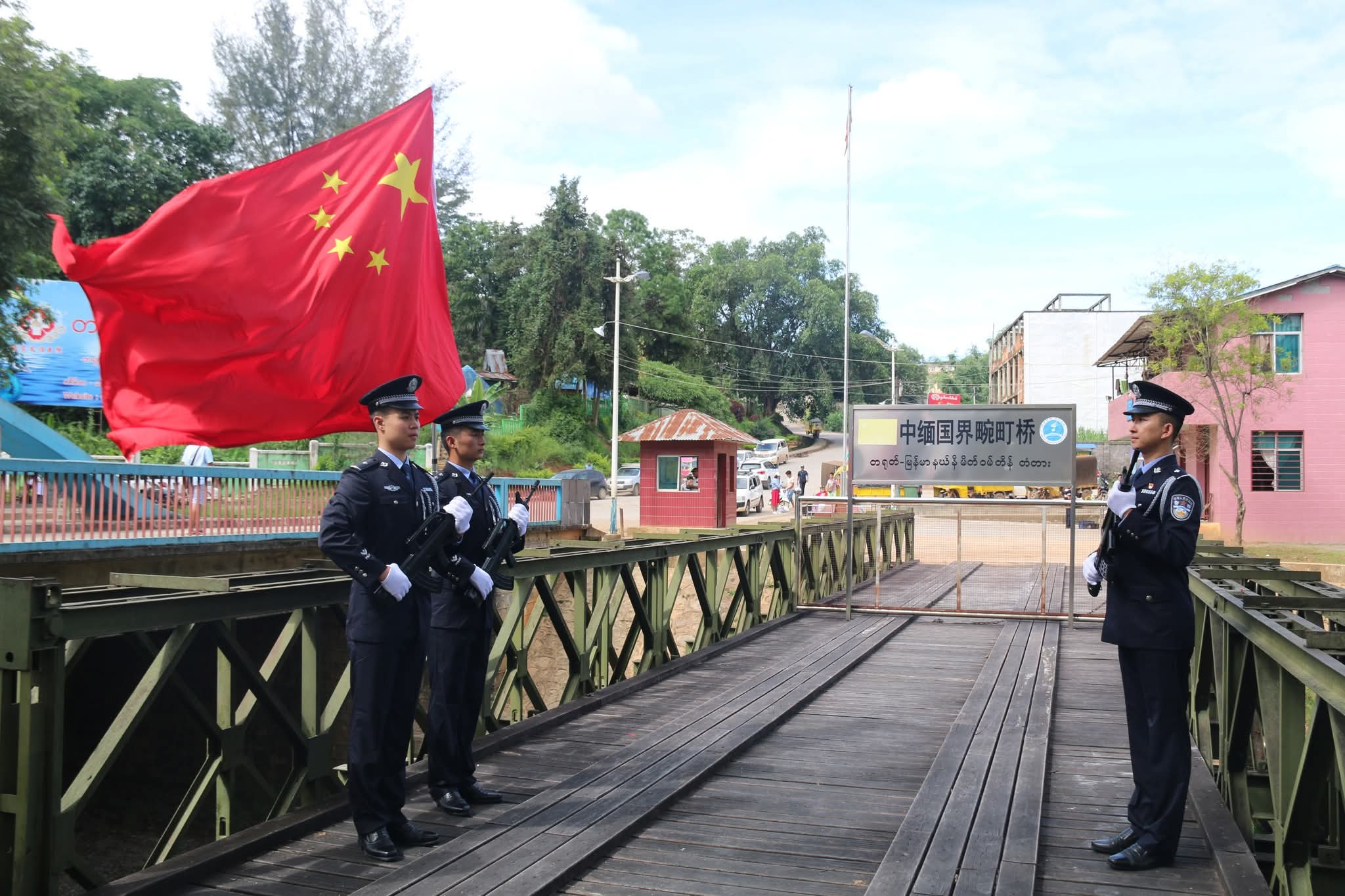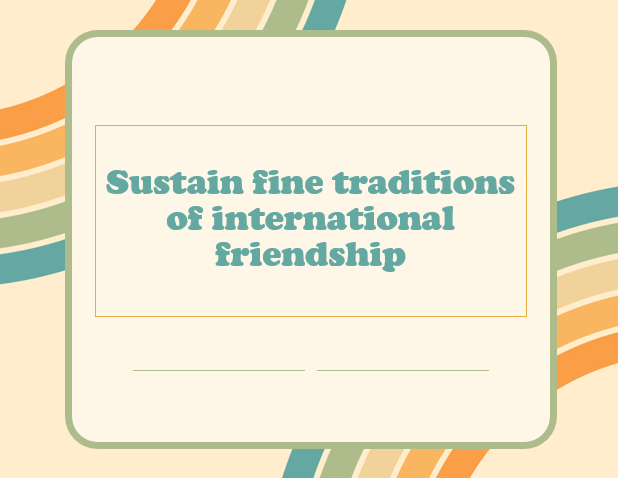The Importance of Unity in the Modern World
Posted_Date
Image

Body
In a world increasingly characterized by diversity, complexity, and rapid change, unity has become more important than ever before. Unity is the state of being joined together in harmony, working towards common goals despite differences in background, opinion, or identity. In the modern world marked by globalization, technological advancement, political polarization, and environmental challenges, unity is not just a desirable ideal but a vital necessity. It serves as the foundation for peace, progress, and stability in societies across the globe.
- Unity as a Source of Strength: The modern world faces numerous challenges climate change, economic inequality, global pandemics, terrorism, and social injustice, to name a few. These are not problems that can be solved by isolated individuals or nations acting alone. Instead, they require cooperation, mutual understanding, and collective action. Unity brings together people from different walks of life, combining their ideas, skills, and resources to address problems on a larger scale. As the saying goes, “United we stand, divided we fall.” When people are united, their collective strength is far greater than the sum of their individual capabilities.
- Unity in Diversity: One of the most striking features of the modern world is its diversity. Never before have people of different races, religions, cultures, and languages lived and interacted so closely. While this diversity can be a tremendous source of innovation and creativity, it can also lead to misunderstandings, conflict, and division if not managed wisely. Unity does not mean uniformity; it means respecting differences while finding common ground. In multicultural societies, unity ensures social cohesion and helps prevent the rise of discrimination, hatred, and violence. Countries that embrace unity in diversity, such as Canada, Singapore, and South Africa, serve as examples of how peaceful coexistence and national development can go hand in hand.
- Unity in the Face of Global Crises: Recent global events have shown how interconnected our lives are. The COVID-19 pandemic was a wake-up call for humanity. It crossed borders, affected millions of lives, and disrupted economies around the world. In response, unity became essential as nations shared medical knowledge, scientists from different countries collaborated on vaccines, and communities came together to support one another. Likewise, the fight against climate change requires global unity. No single country can protect the planet alone.
- Political and Social Unity: In many parts of the world today, political polarization and social fragmentation are growing concerns. When societies are divided along political, religious, or ideological lines, progress is delayed, and mistrust prevails. Unity, in this context, involves open dialogue, compromise, and the ability to work toward shared goals despite differences. Political unity can ensure effective governance, protect democratic values, and create a sense of national identity. Social unity, on the other hand, strengthens communities, reduces crime and conflict, and fosters a culture of empathy and mutual support.
- Unity in the Digital Age: The internet and social media have transformed how people communicate and connect. While these tools have the power to unite people across continents, they also have the potential to create echo chambers, spread misinformation, and fuel division. In the digital age, unity means using technology responsibly to promote understanding, share accurate information, and build online communities based on respect and truth. The importance of digital unity lies in building a virtual world that supports real-world harmony and cooperation.
- The Role of Education Leadership: Unity must be nurtured, and this starts with education. Schools and universities should teach values such as respect, tolerance, teamwork, and civic responsibility. When young people are raised to value unity, they grow into adults who build inclusive societies. Moreover, effective leadership is essential in fostering unity. Leaders who rise above personal or political gain to bring people together, whether in government, business, or civil society, can inspire hope and drive meaningful change.
- From Unity to Success: Unity is the cornerstone of success. It is the invisible force that binds individuals into a team, communities into nations, and dreams into achievements. Whether in a family, a workplace, or an entire country, unity creates strength, inspires action, and drives progress. The path from unity to success is not always easy, but it is always powerful and transformational. For example, in a workplace, a united team is more likely to meet its goals, innovate, and grow. In a classroom, students who help each other learn more and perform better. In a country, citizens who work together can build a better future for the next generation.
- The Power of Unity: Unity means working together toward a common goal with shared values and mutual respect. When people are united, they support each other through challenges and celebrate achievements together. This sense of togetherness builds trust, reduces conflict, and brings out the best in everyone. In nature, we see unity in the flight of birds moving in harmony or the teamwork of ants building their colony. In human society, unity can be even more impactful. History is full of examples where unity has led to extraordinary success, whether in freedom movements, humanitarian missions, or scientific breakthroughs.
- Unity in Action: In daily life, unity can be seen in families where love and cooperation create a strong foundation. In schools, unity among students and teachers fosters a positive learning environment. In communities, unity helps solve problems such as poverty, disease, and disaster response more effectively. When people stand together, even the most difficult situations can be overcome. At the national level, unity is essential for peace, development, and resilience. A nation divided by conflict or hatred cannot progress. But when its people are united across different backgrounds, religions, or beliefs, success becomes achievable not just economically, but socially and culturally.
- Challenges to Unity: Achieving unity is not without its challenges. Differences in opinions, selfish interests, and prejudice can divide people. But through communication, empathy, and a shared vision, unity can be preserved. Leadership also plays a key role. True leaders unite people, not divide them.
As our challenges grow more complex and our societies more diverse, unity offers the only sustainable path forward. Unity is not just a feeling; it is a powerful force that leads to real, meaningful success. From the smallest team to the largest nation, unity creates the foundation for achievement, growth, and peace. If we want to move from where we are to where we dream to be, we must walk the path of unity. In an age of uncertainty, unity remains our greatest strength and perhaps our only hope for a better future.
Photo - Freepik






